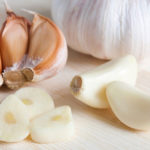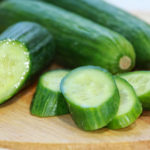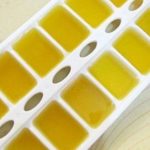Scientific research has shown that certain types of food, if stored in the refrigerator, will lose their taste, spoil faster, and even produce toxins.
Foods that should not be put in the refrigerator and will lose their nutritional value:
Here are the foods that should not be stored in the refrigerator and are best kept outside to ensure nutritional quality and safety for health.
Potatoes
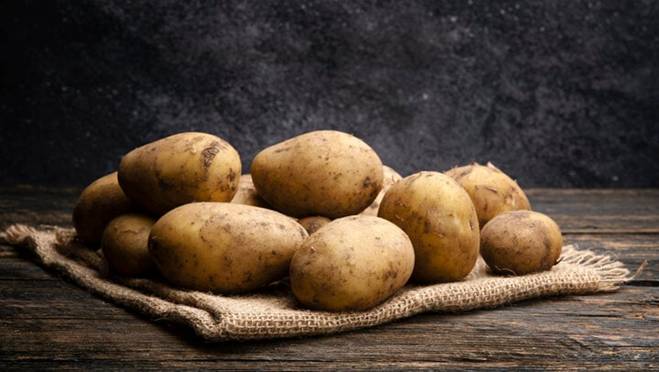
Keeping potatoes in the refrigerator can cause them to sprout and become more toxic. (Photo: Food Republic)
At low temperatures, potatoes will deteriorate and affect their taste. The cooling function of this device causes the potatoes to lose water vapor, making the surrounding environment moist, promoting sprouting potatoes. When potatoes sprout, the nutrient level decreases while the toxic solanine increases, which can cause food poisoning with symptoms such as nausea, vomiting, abdominal pain, and diarrhea.
Proper storage method: Put a few apples in a bag to hold the potatoes. Ripe apples release ethylene gas, which can slow down sprouting. Potatoes should be kept in a dark and cool place.
Tomatoes
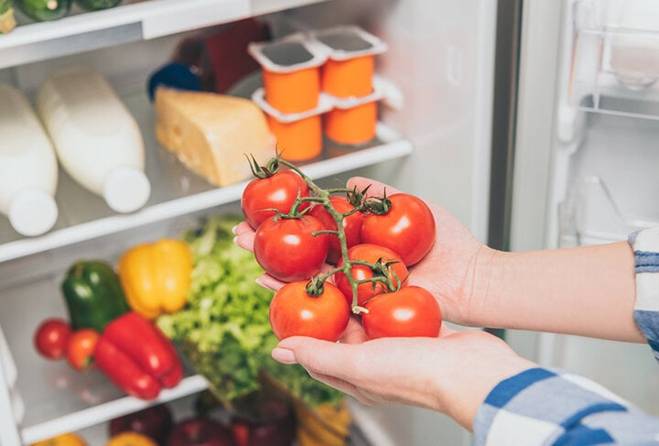
Storing tomatoes in the fridge will cause them to lose their nutrients and original flavor. (Photo: eMediHealth)
Many studies have shown that storing tomatoes for many days at temperatures below 12 degrees Celsius will change the natural structure of tomatoes, releasing volatile substances, and 65% of nutrients will be lost. That’s why you should keep tomatoes in a dry, cool place to maintain their original flavor.
Tomatoes also cannot be stored for a long time at room temperature, so you should buy the right amount that you will use in a few days (for fresh tomatoes).
Bananas
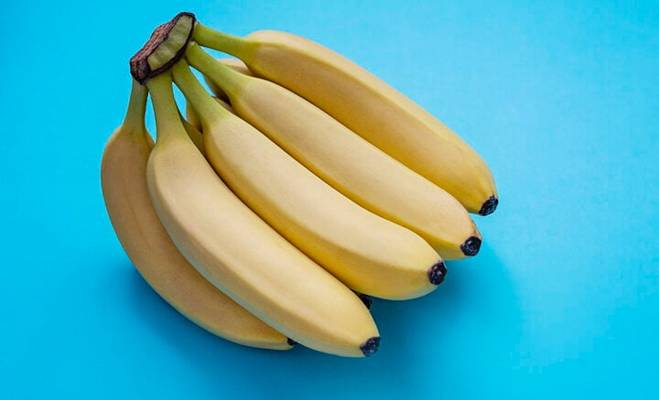
Keeping bananas in the refrigerator will cause them to turn black and spoil faster than at room temperature. (Photo: Today show)
Bananas are fruits that spoil easily, but they should not be put in the refrigerator because they tend to turn black and lose their flavor at low temperatures. Studies have shown that refrigerator temperatures can destroy the cellular structure of bananas, affecting their taste.
In addition, bananas stored in the refrigerator quickly turn black and spoil in the moist environment. Bacteria will grow rapidly and even “attack” other foods in your refrigerator.
Onions
If onions have been cut, no matter how carefully you wrap them, they will still lose water and dry out when placed in the refrigerator. In addition, leaving onions in the refrigerator for too long can make them susceptible to mold and no longer safe to eat. Onions also have a strong odor, and if placed in the refrigerator, they will make other foods smell.
Garlic
Storing garlic in the refrigerator will stimulate sprouting and root growth. Garlic also deteriorates quickly and becomes infected with bacteria. The low temperature in the refrigerator will make the garlic become hard; high humidity will promote the growth of bacteria.
Store garlic in a dry, cool place, away from direct sunlight. You should buy dried garlic instead of fresh garlic if you want to store it for a long time. Instead of wrapping it tightly, let the garlic come into contact with air, away from high humidity areas.
If you want to store garlic in the refrigerator, use the freezer compartment instead of the refrigerator compartment. The method is to peel each clove of garlic into a jar, pour cooking oil over the garlic, close the lid, and place it in the freezer. This method not only helps to preserve garlic effectively but is also convenient for cooking.
Salads
Most salads do not need heat to ripen, so bacteria and parasites are easily left behind. If kept in the refrigerator for a long time, bacteria and mold will grow, producing toxins that can cause gastrointestinal diseases and even poisoning.
In addition, salads contain many spices like vinegar, chili…, if left for a long time, they will produce toxic substances. Therefore, these dishes should be eaten on the same day.
Cooked seafood
The protein in seafood is easily degraded and becomes toxic, causing diarrhea, poisoning, and allergies. Therefore, with this type of food, you should buy enough to eat within the day, do not store it overnight in the refrigerator.
Honey
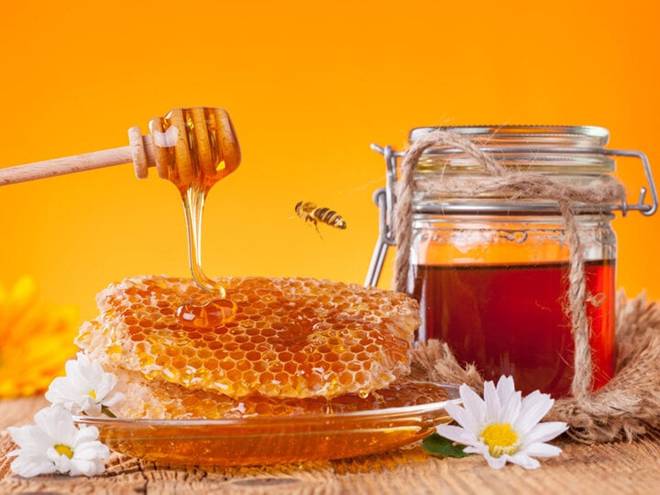
If honey is stored in the refrigerator, temperature and humidity will cause it to crystallize and reduce its quality. (Photo: Sedgemoor Honey Farm)
Many people think that any food will last longer if stored in the refrigerator, especially in liquid form. However, this is not true for honey.
Honey is very rich in antibacterial and antioxidant substances. However, the temperature and humidity in the refrigerator will cause honey to crystallize, reduce its quality, and make it a target for bacteria, especially if you close the lid improperly or wrap it loosely.
To keep honey fresh, you just need to store it in a dry, cool place, away from sunlight and high temperatures.
Coffee, tea
Some products that are dried and roasted such as tea, coffee, powdered milk… after drying, have very low humidity, and microorganisms are difficult to grow. Just pay attention to the humidity, and they can be preserved for a long time. However, if you have opened the box and stored it in the refrigerator, it will become moist, moldy, not to mention being contaminated with the smell of food in the refrigerator.
According to VTC news
How to Effectively Treat Fishbone Issues at Home
Everyone loves feasting on the deliciousness of fish during the holidays. But, unfortunately, choking on fish bones is an unavoidable issue that may lead to devastating consequences if left unattended for a prolonged period. Let’s see how Dien May Xanh can help us out when fish bones get stuck in our throat.




























